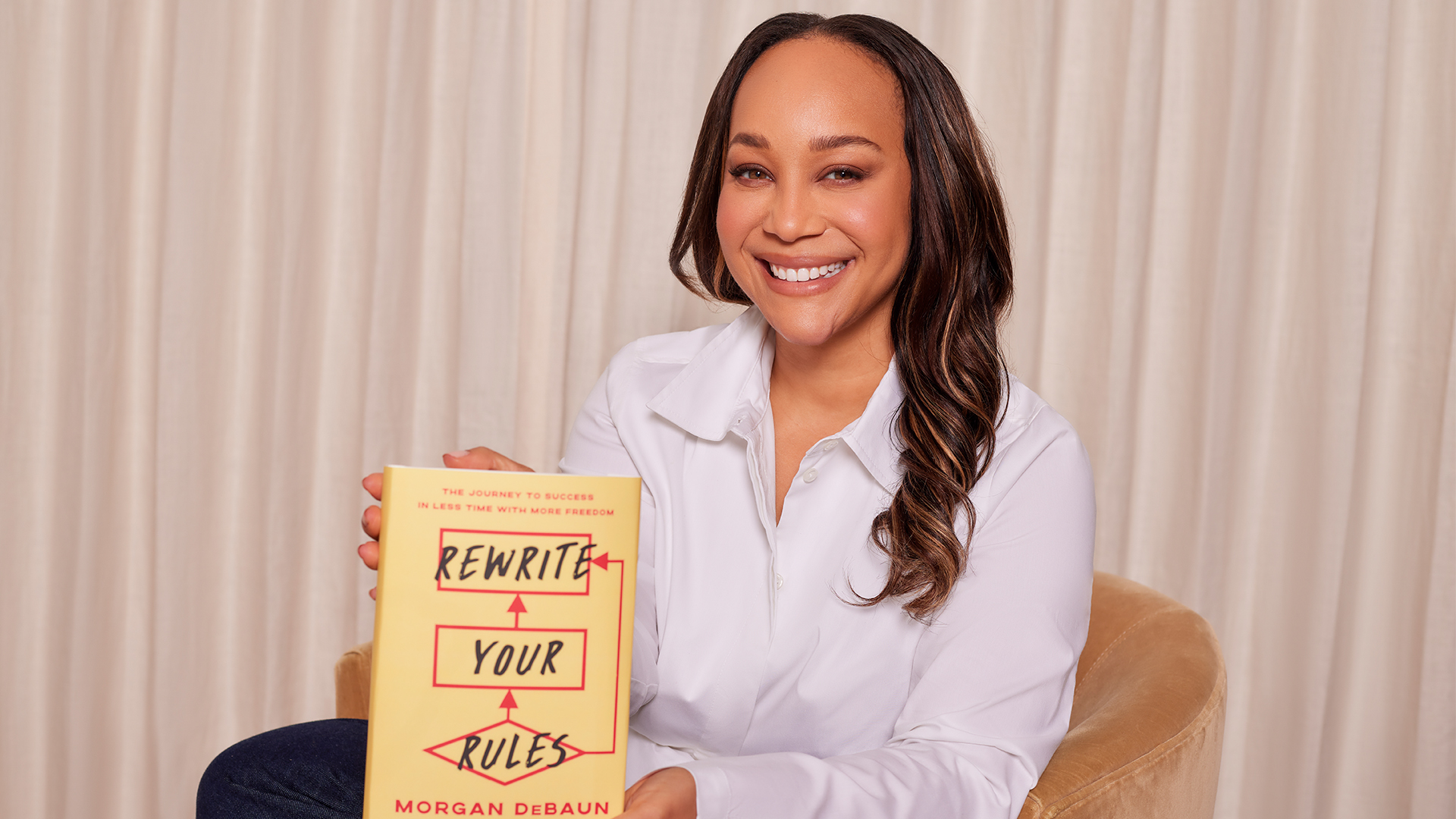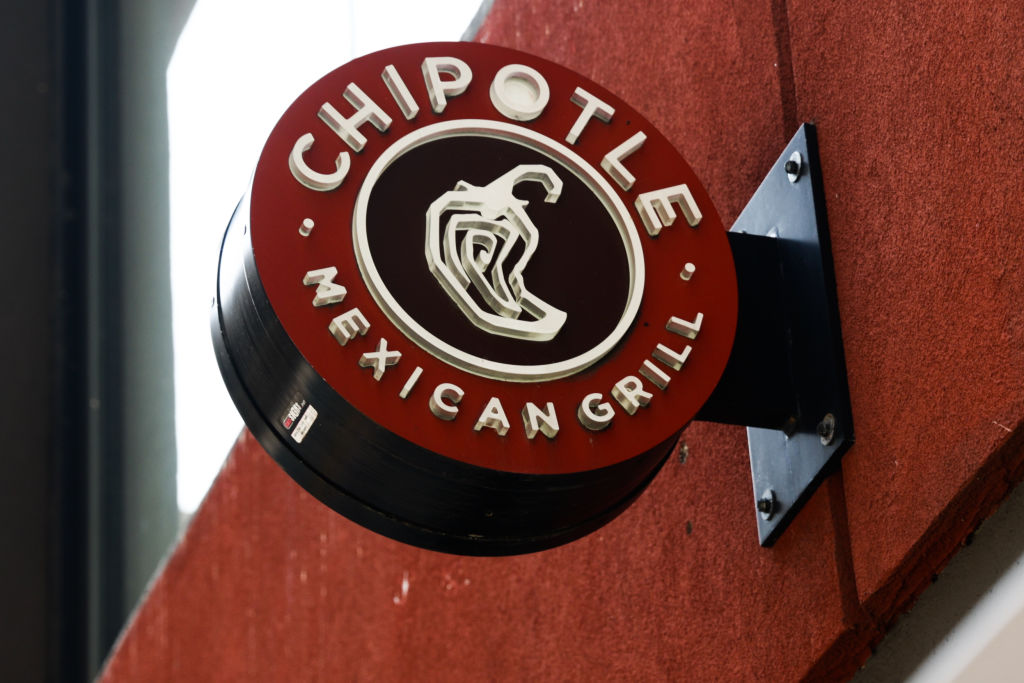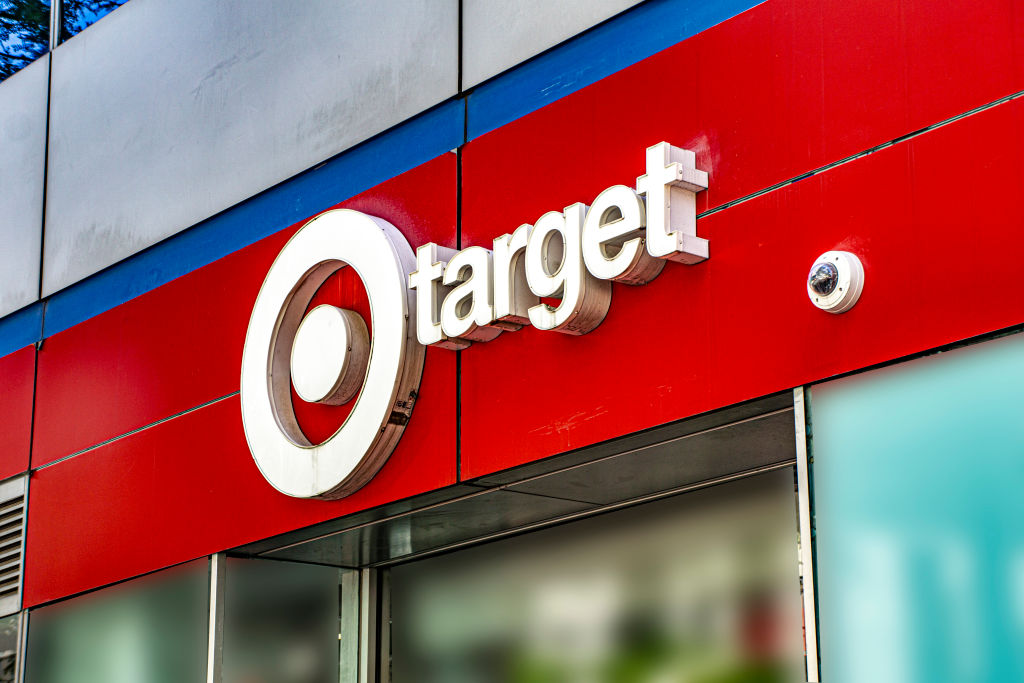You can now buy haircare products for the young king in your life thanks to this Black-owned business.
After initially launching as a direct-to-consumer (DTC) brand in December 2019, Young King Hair Care decided to revise its go-to-market strategy, test various digital and social campaigns and engage with bloggers and influencers within their community — a move that ultimately led them to new levels of success.
According to PR Newswire, not only did the changes lead to more sales than anticipated, but also to their products being sold on the shelves of Target and Walmart within their first year.
Founded by Cora and Stefan Miller, Young King Hair Care is the first multicultural beauty brand for young men. After an experience or lack thereof, with finding products for their own young son, the couple set out to create a grooming line that not only appealed to young boys but is also plant-based and vegan. The line also promotes a daily grooming regimen that promotes textured hair health and growth for young kings.
“We are here to shake up the beauty industry by redefining self-care and grooming for the next generation of Black and Brown men, giving them the confidence they need to be their best selves every day,” said Cora in an official news release.
Young King Hair Care entered the DTC space with a three-step styling regimen: leave-in conditioner, essential oils, and curling cream.

After proven success, the line followed up with a shampoo and conditioner in November 2020 bringing the number of the single product SKU’s to five.
As an alum of Target’s 2020 Takeoff Beauty Accelerator Program, the retailer approached the Miller’s with an offer to enter both in-store and online. Soon after Walmart followed and as of last month, they can be found in over 1,200 doors as well as online for both retailers in addition to on their own website.
Thanks to early pivoting and testing, Young King was able to exceed the initial forecast and achieved a 394% growth in 2H 2020 vs 1H 2020 within the first full year of business.

















